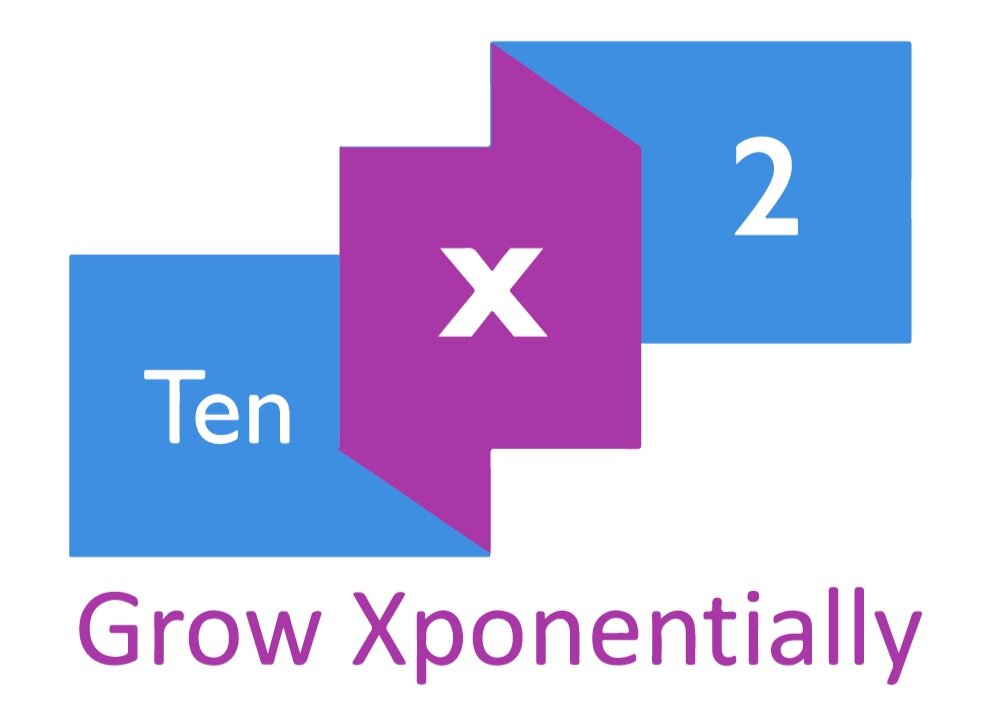What Is The Future Of Cities?
With the forecast that by 2030 6/10 and by 2050 7/10 earth inhabitants living in urban areas/cities, the UN projects that by 2050 the demand for water and energy will increase by 55 percent. By 2035, the demand for energy will increase by 33 percent.
As people migrate to cities, existing infrastructure will need to be improved or we will face significant shortages.
The main aim is to address urban challenges like city management, sustainability (lower carbon emissions), efficiency in everything, safety and finally the most important how efficiently a city can deliver services that its citizens actually need in order to improve their quality of life.
The good news is that with the new technologies like big data analytics generated from smart sensors, artificial intelligence, robotics, renewable energy efficient systems, intelligent lighting, 3D printing, WiFi and 5G Digital communication, vertical hydroponic farming and transportation technologies (autonomous cars, flying cars, hyperloop, etc.) we can imagine new systems that are far more efficient and offer far greater performance than the ones around today.
As many people talk about the future belongs to smart cities what is the definition of a smart city?
“Smart cities use digital information, sensing, communication and computing technologies to enhance quality and performance of urban services, to reduce costs, resource consumption and to engage more effectively and actively with its citizens in order to enhance the quality of life“
To create a smart city we need to pay attention to various areas of the economy and society at large:
Smart Citizens first and foremost which leads to
Smart Education >> Investing in education and especially in STEAM in the universities
Smart Healthcare >> Invest in remote healthcare monitoring
Smart Buildings >> Invest in energy efficient buildings
Smart Energy >> Invest in renewable energy and IoT systems
Smart Infrastructure >> Invest in IoT, smart lighting, image sensing, digital signage, charging points, parking and traffic monitoring,…..
Smart Transportation >> Invest in autonomous vehicles, smart sensors and communication
Smart Communication >> Invest in 5G, WiFi networks and low power wide area networks
…….
The good news is that we have almost all the technologies to enable things that were impossible 20 or even 10 years ago and it will be different approach for new cities and already established ones. For established ones the needs of a cold city in the winter like Beijing or Moskow (snow and central heating is part of daily life for months) are different than a warmer climate city like Hong Kong or a tropical climate city like Singapore and the biggest challenge of an established city is the lack of foundational infrastructure/standards for IoT and other communication.
For new smart cities the challenge is smaller and we already know that the most efficient cities are the ones that they bring people in the center of the smart city combining in the same area residences, work areas, hospitality/entertainment venues and public utilities.
But if we have the technologies to create smart cities what is key to make this reality faster?
Start with the highest value creation for improvement of services/quality of life and not only infrastructure.
As the challenge is not really technological what are the key enablers to create results faster?
1. Governmental leadership with bold targets
Cities like Dubai and Singapore give the example with their 5 years plans where they want to be.
e. g Dubai has set targets for 2021/2022 for 3D printing, Automated transportation trips, Number of smart and solar powered street lighting, Free WiFi, Digital signage,…..
2. Create awareness among citizens and focus on education towards smart citizens
Invest in high-school and university education. e.g focus on STEAM. Enabler 2 is obvious as when citizens are aware and educated about the subject will not only be supportive but will participate and contribute with ideas towards a smarter city. Focus on education to embrace the mindset of experimentation, failure is learning and thinking big.
3. Enable and stimulate collaboration among all parties:
Governmental organizations
Established companies
Start-ups
Citizens
Enabler 3 is the biggest obstacle as many times governments and private organizations have different interests (economic, societal,…..) , mindset and finally behaviour. Stimulate collaboration of established companies with start-ups as there are more new ideas from the start-up ecosystem than individual companies. Finally start implementation with a new neighbourhood like many other smart cities around the world
4. Sharing of data/insights among cities and organizations
Learn from other cities instead to reinvent the wheel.
5. Sharing of data for free to attract start-ups and medium size companies to invest in the city to create new applications
Create regulations to enable sharing of data/insights among various organizations to speed up knowledge building (e.g mobility and transportation data).
Conclusion: To become successful with creating a smart city, every city needs to have a vision of the future and alignment among growth drivers, quality of life and connected/smart city objectives. Bold objectives, education of citizens, collaboration among all parties involved and smart sharing of data/insights will achieve results.
Any other thoughts?
Thank you very much
